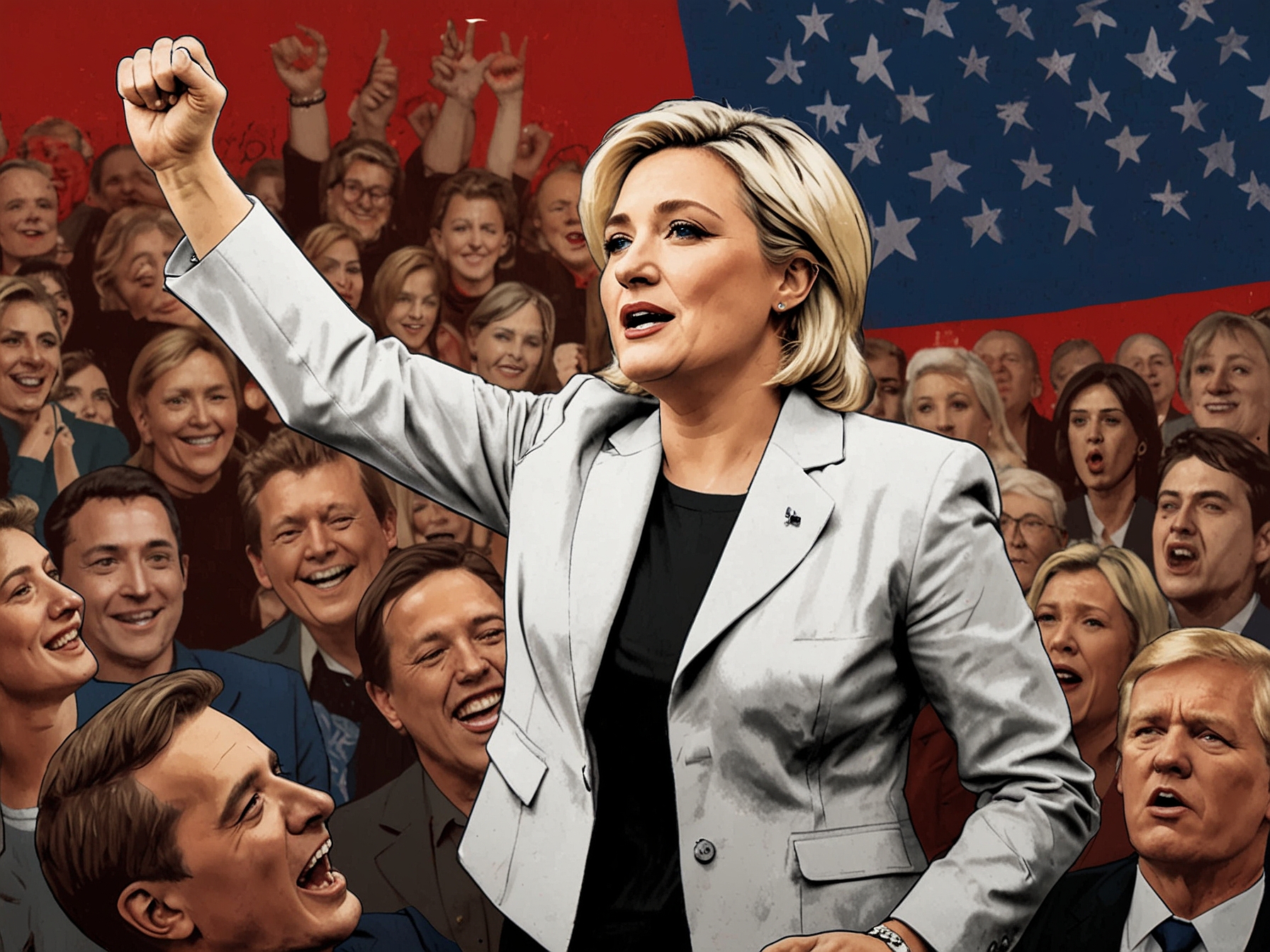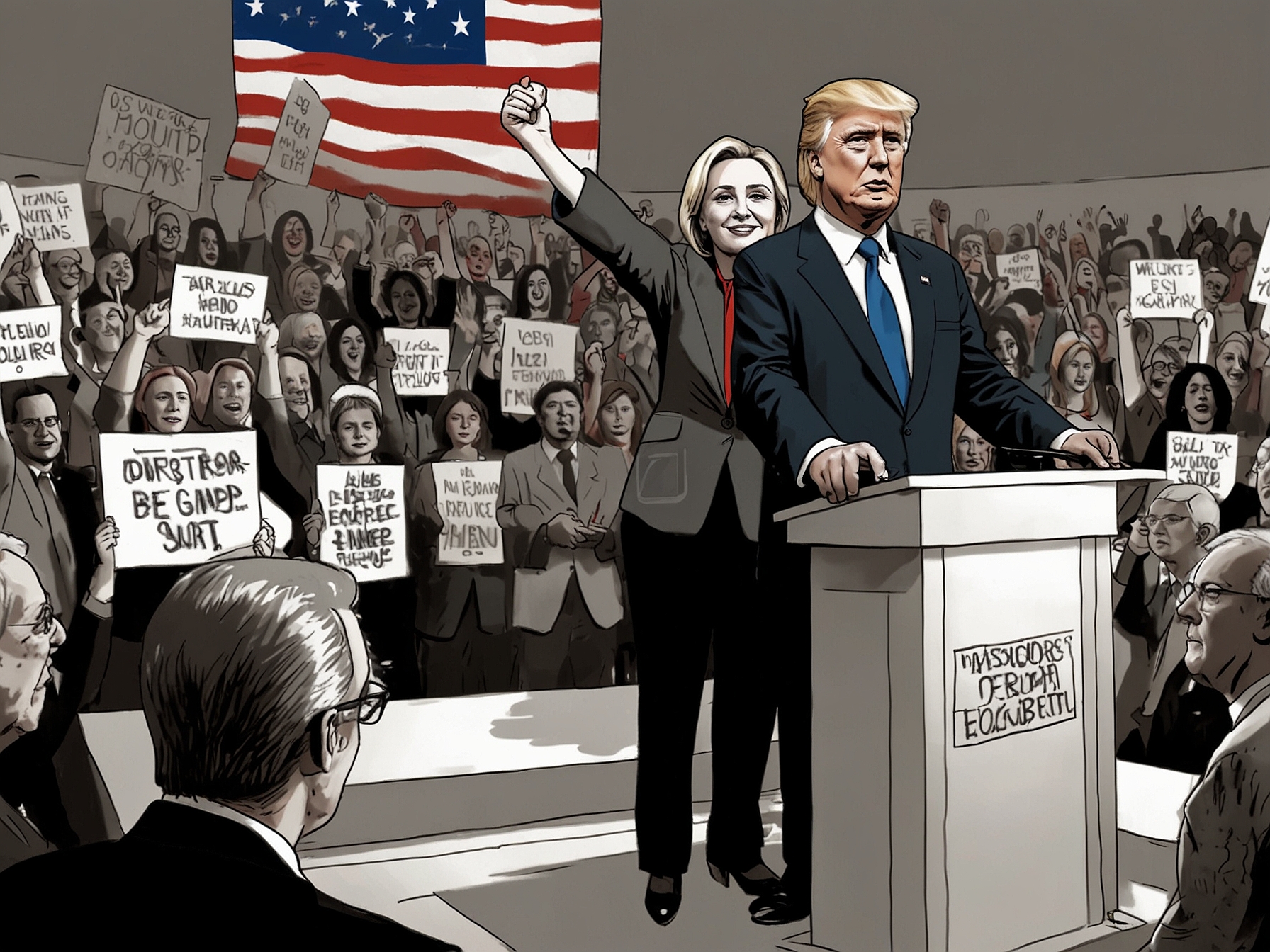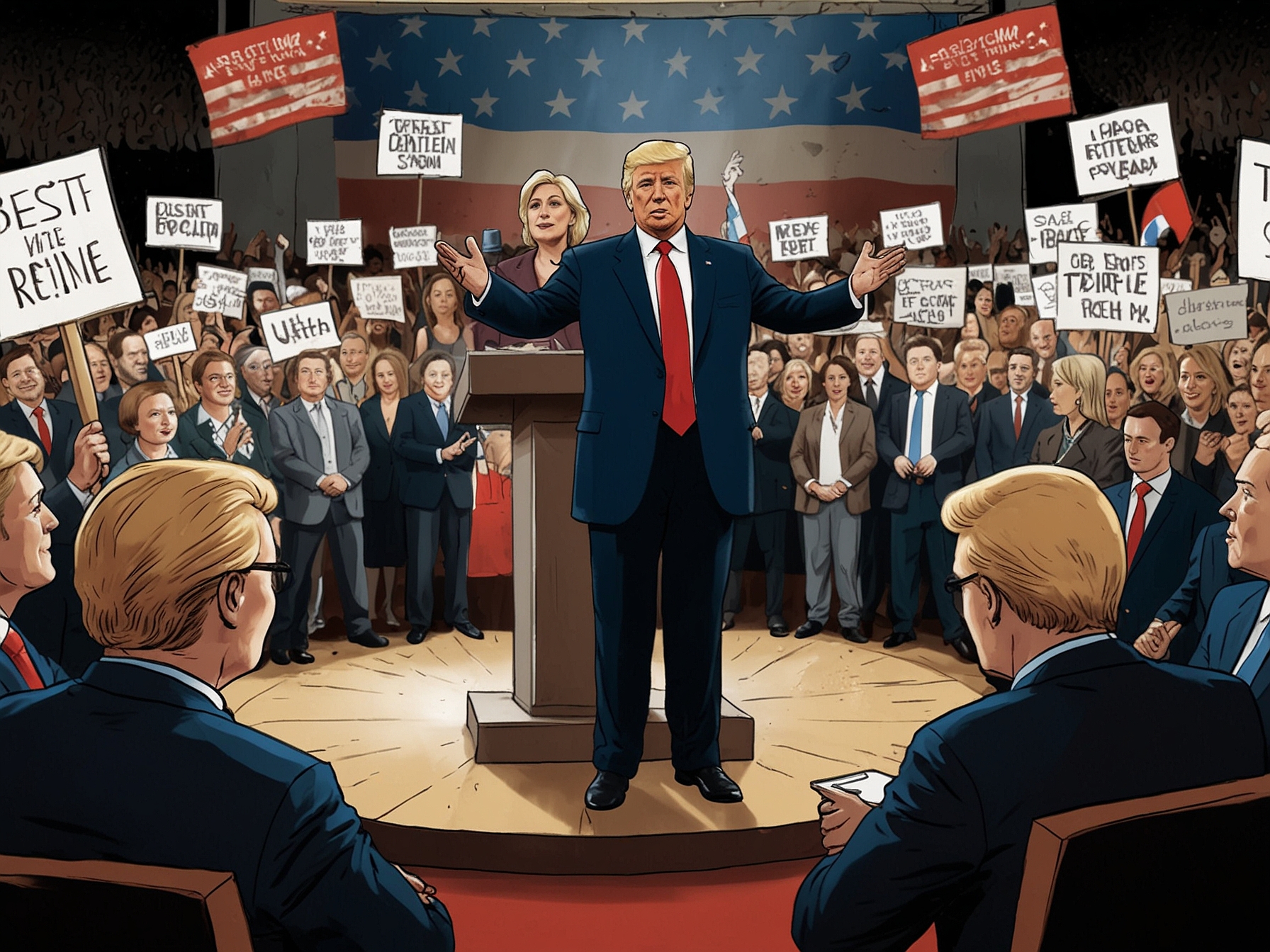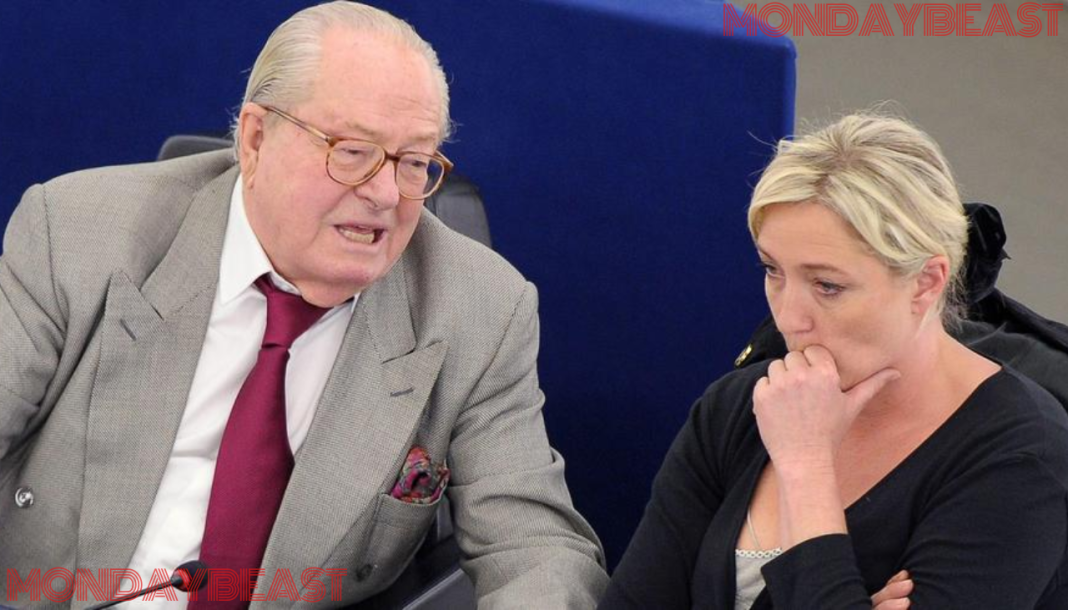The political world often feels like a grand stage. On it, some figures play the victim. This tactic is prominent among leaders like Marine Le Pen and Donald Trump. Both have skillfully used victimization to garner support from their followers. It poses an intriguing question: why do so many resonate with a narrative of persecution?

Not long ago, Marine Le Pen remarked, “The only thing that interests the prosecutors is me and my party.” This comment sprang from a serious legal situation. Her party, the Rassemblement National (RN), faced accusations involving misuse of public funds. Le Pen called it a political trial, claiming it aimed to demolish her party. The total amount in question? A staggering 4.5 million euros.
In moments like this, one can almost sense the emotional undercurrents. When leaders frame their challenges in terms of a broader conspiracy, it creates a bond with their supporters. They feel understood, united against a common enemy. Jean-Yves Camus, a political scientist, notes many see such trials as efforts to crush a political movement that can’t be contained.

Interestingly, Donald Trump operates similarly. He often refers to a “deep state” or an elite system conspiring against him. This narrative fosters a sense of urgency among his supporters. It reinforces their belief that they must rise against established powers. The emotional pull is hard to ignore. How many can resist the allure of being part of a larger struggle?
The timing of Bardella’s new book release prompted suspicion. Critics claimed it was evidence of bias against the RN. The advertising agency refused to support a promotional campaign. In a world focused on narratives, perceptions matter immensely. As Bardella quipped, his book topped Amazon’s list despite the rejection. How can one community feel alienated while another thrives?

The parallels between Le Pen and Trump are striking. Both leaders exploit feelings of alienation. They provoke a narrative that positions them as outsiders. Voters, who often feel disenfranchised, find solace in these stories. They clap back against the establishment. Is this reflective of a deeper shift in the global political landscape?
As we explore these dynamics, it’s essential to engage in self-reflection. What draws us to these stories of victimhood? Is it the emotional resonance? The shared struggle against perceived injustices? Perhaps it’s the empowerment that comes from rallying around a leader who appears to reflect our discontent.
Ultimately, the victimization strategy paints a compelling picture. It taps into a fundamental human desire for recognition and validation. As Le Pen and Trump march on, their narratives remind us how vitally important perception is in politics. Their continued success could very well hinge on their ability to maintain these victim identities. Will this approach sustain them in the long term?




